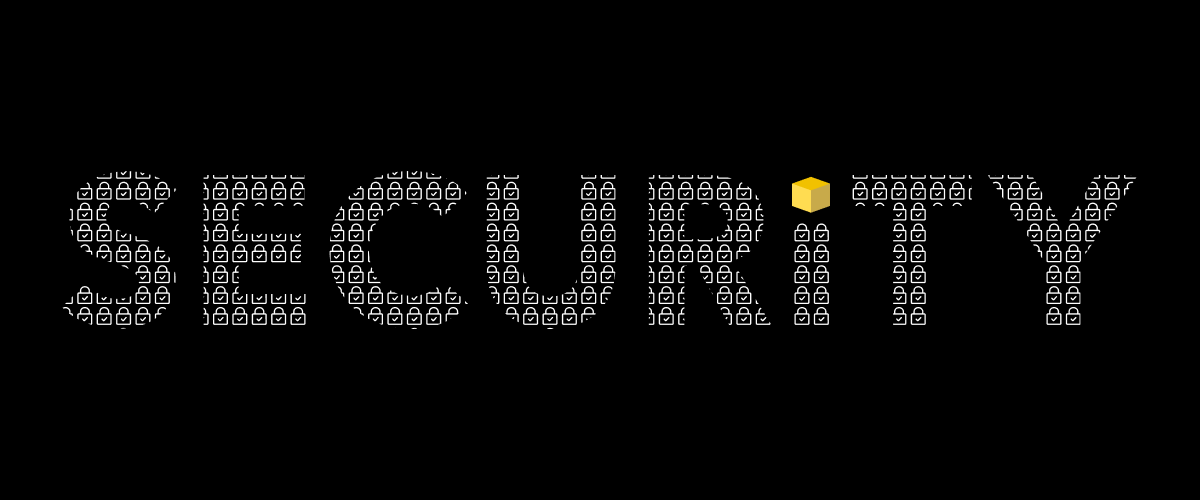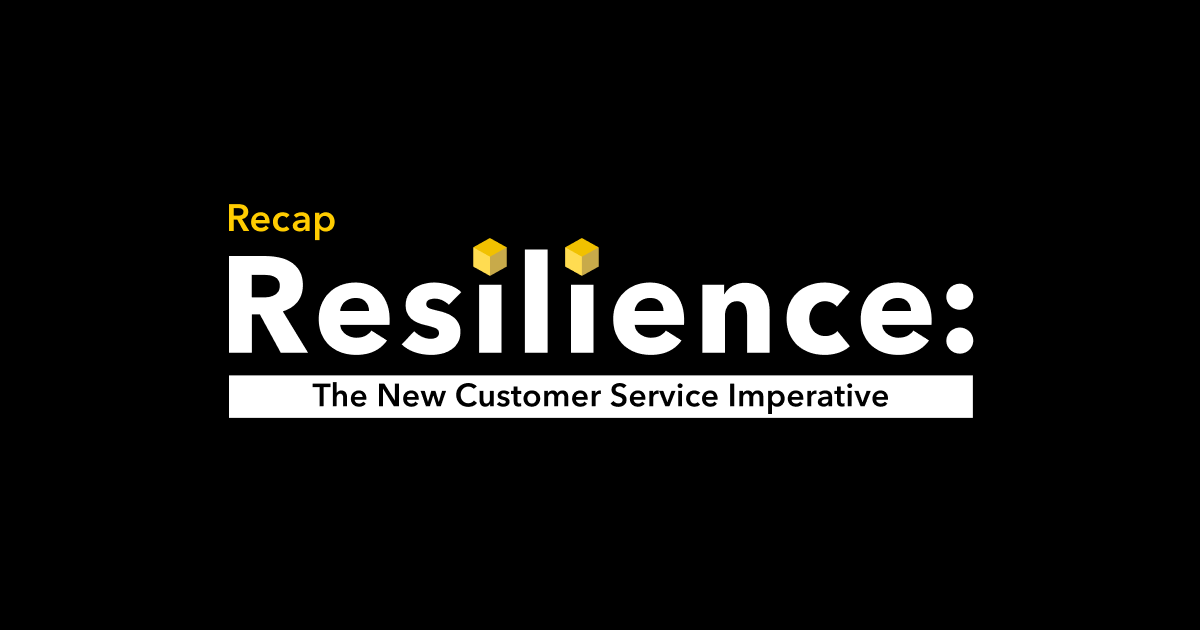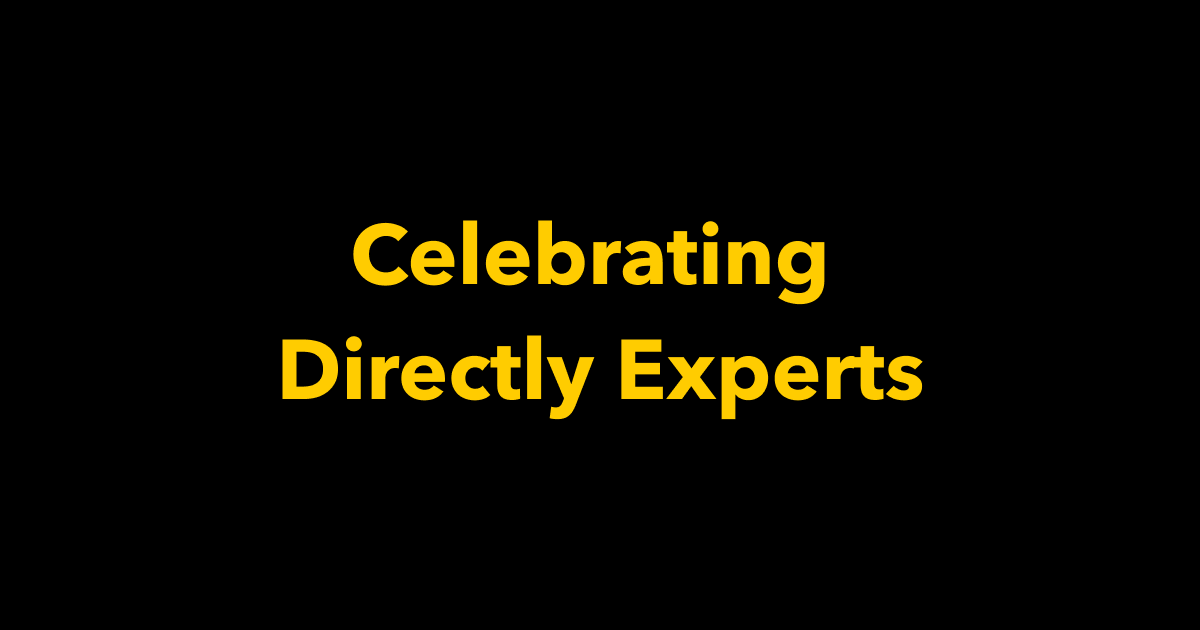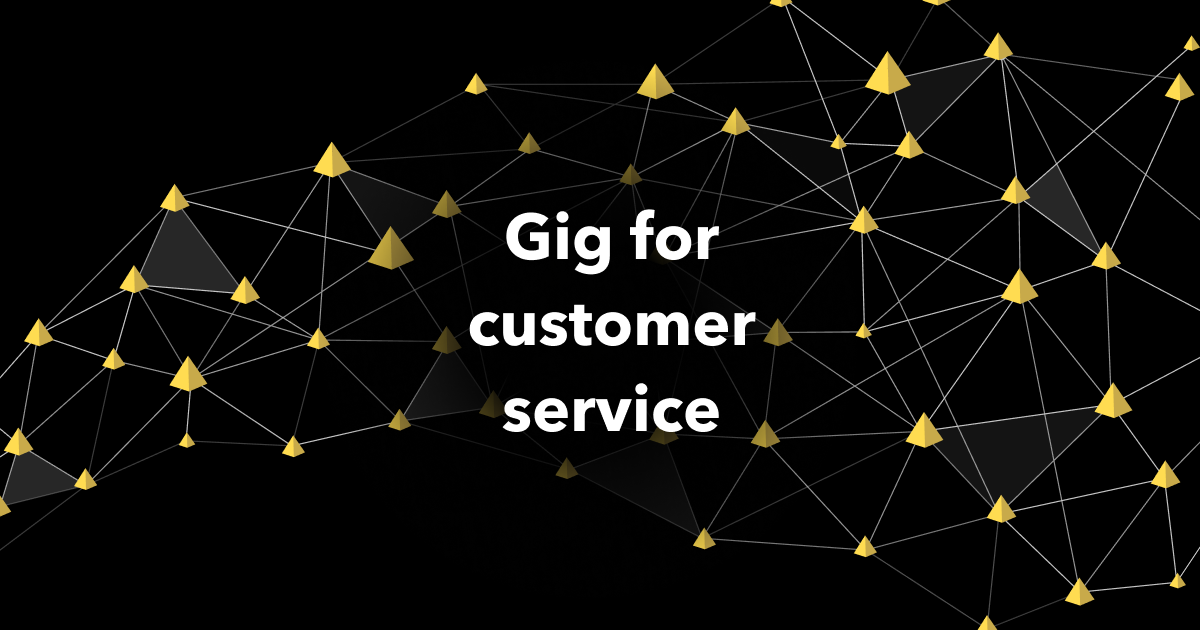We live in the information age — or, as some have dubbed it, the “misinformation age.” As glorious as our digital connectedness is, it comes with a certain amount of risk. Almost daily, I get scam emails and calls from who knows where. These people and organizations are continuously trying to find vulnerabilities in people and systems.
Much of my career has been spent trying to stop “bad actors” — first while working on national security issues in the government and later working as a risk/fraud specialist in the private sector. My job now at Directly is to ensure our platform is safe and protected from potential fraudulent activity.
As you may have read in our recent blog series about our Expert network, our customers place a tremendous amount of trust in the experts that work on our platform, answering customer questions on-demand and efficiently resolving support issues. These specialized workers — who have a combination of first-hand experience with our customers’ products and a breadth of technical expertise — provide much-needed scale and flexibility for today’s decentralized contact center.
That trust is earned. Our methodology for finding, managing, and rewarding experts for providing on-demand customer service is a big reason why big brands like Microsoft and Airbnb trust our platform. And the performance of the experts is what cements that trust over the long term.
But there’s always risk. When you’re the head of customer service, you need to trust that the people who are representing your brand are who they say they are. That there aren’t any bad actors talking to your valuable customers. That no one is “gaming the system” to earn a few extra bucks.
That’s why we use rigorous processes and deploy state of the art technology to swiftly identify any suspicious behavior — and then purge it from our system. Here’s how we prevent fraud:
Verifying applicant credentials
First things first, we qualify the skill set of any expert to make sure it’s a match with the company and products they wish to support. This step requires first-hand knowledge — and would be very difficult for anyone to fake. As we wrote in a recent post about how we identify qualified experts, this vetting process includes:
-A skills test in which we ask a series of multiple choice questions, ranging from very challenging questions to more nuanced ones, helping our team assess the depth of knowledge of each candidate.
-Open-ended questions designed to measure writing effectiveness. We may ask expert candidates to describe their qualifications and why they want to do this work. We might also ask for examples of social media or forums where candidates are already actively helping other people with related tech issues.
-A language test in which open-ended questions are designed to ensure good communications skills in the native language that experts will be supporting.
Once the testing and screening is completed, our team reviews results to determine whether the expert candidate is a good fit. If candidates score highly on the skills and writing tests, we will then perform an identity check.
Confirming identity
To ensure that applicants are who they say they are, we perform a few different checks to validate their identity.
First, we use a state-of-the-art program to perform an ID check — which reviews an expert’s legal identification document and confirms their identity. Our internal team also performs some manual reviews of social media and online communities to check the activity of various candidates. As an additional safeguard, we use a variety of other online criteria to confirm the expert’s identity.
Identifying risk signals
While experts are active on our platform, we continuously monitor their activity, deploying advanced algorithms to proactively detect and analyze potentially risky behavior. The risky activity is then flagged for our internal team to review and take any necessary action.
Moderation and oversight
Our platform encourages experts to collaborate by sharing knowledge and best practices, and ultimately, to evaluate the performance of fellow experts.
In fact, experts are incentivized to rate fellow experts’ answers (good and bad), and to self-police by flagging any suspicious behavior. Endorsing a successful answer or flagging a suspicious one will earn a reward, as a part of how we pay experts for their work.
We also have multiple layers in our network organization to help identify any bad actors. The experts engage with one another via the platform and our expert forums. We also hire expert moderators to participate and help manage these forums — they too, are tasked with identifying any risk signals that need to be addressed. And lastly, our internal quality team at Directly engages with our experts and moderators on a wide range of issues — including responding to any suspicious behavior.
The main purpose of this multi-layer structure is to foster teamwork and collaboration. However, it also establishes accountability — if any performance issues arise or suspicious behavior is flagged, there’s a path to address it and a consequence.
Scrutinizing payments
Experts can choose to receive their pay as quickly as weekly for any tasks they have successfully completed. We pay our experts using only PayPal, which helps streamline the process and make it more secure — as PayPal has its own set of requirements and ID verification for anyone who sets up an account.
We also run fraud checks during this payout process every week to ensure the reward has been earned legitimately and is being allocated to the appropriate expert.
What happens when there is some suspicious behavior?
I’ve covered how we identify risk and suspicious behavior. So you might be wondering, what do we do when we identify issues? Every time a suspicious behavior is identified — whether it’s our automated tools identifying a signal or experts flagging an issue — our internal team investigates.
Sometimes, it’s simply an administrative issue or human error. We’ll work with the expert to correct the issue. If we find that there is fraudulent behavior or risky activity, we remove those users from the system immediately.
There’s risk in any line of business. And there’s no denying that periodically, a “bad actor” will try to find vulnerabilities in our platform — after all, we’re in the misinformation age. However, our process for mitigating these risks help filter out the bad actors. These checks help protect the trust between the businesses that use our platform and the experts that are working for them.
Meanwhile, our experts who are passionate about the products and services they represent, can focus on what they do best: helping others.
Why Directly experts?
Directly delivers world-class customer service for leading Fortune 500 brands. Captive and outsourced contact center models increasingly can’t keep up with customer service demands, while self-service is only effective at deflecting simple contacts. With Directly, we help you troubleshoot a wide range of technical issues using on-demand experts and best-in-class AI technology. Customers like Microsoft, Samsung, and Airbnb partner with Directly to reduce contact center volume up to 40%, boost CSAT up to 20% and save millions per year. Contact us to set up a demo today.



